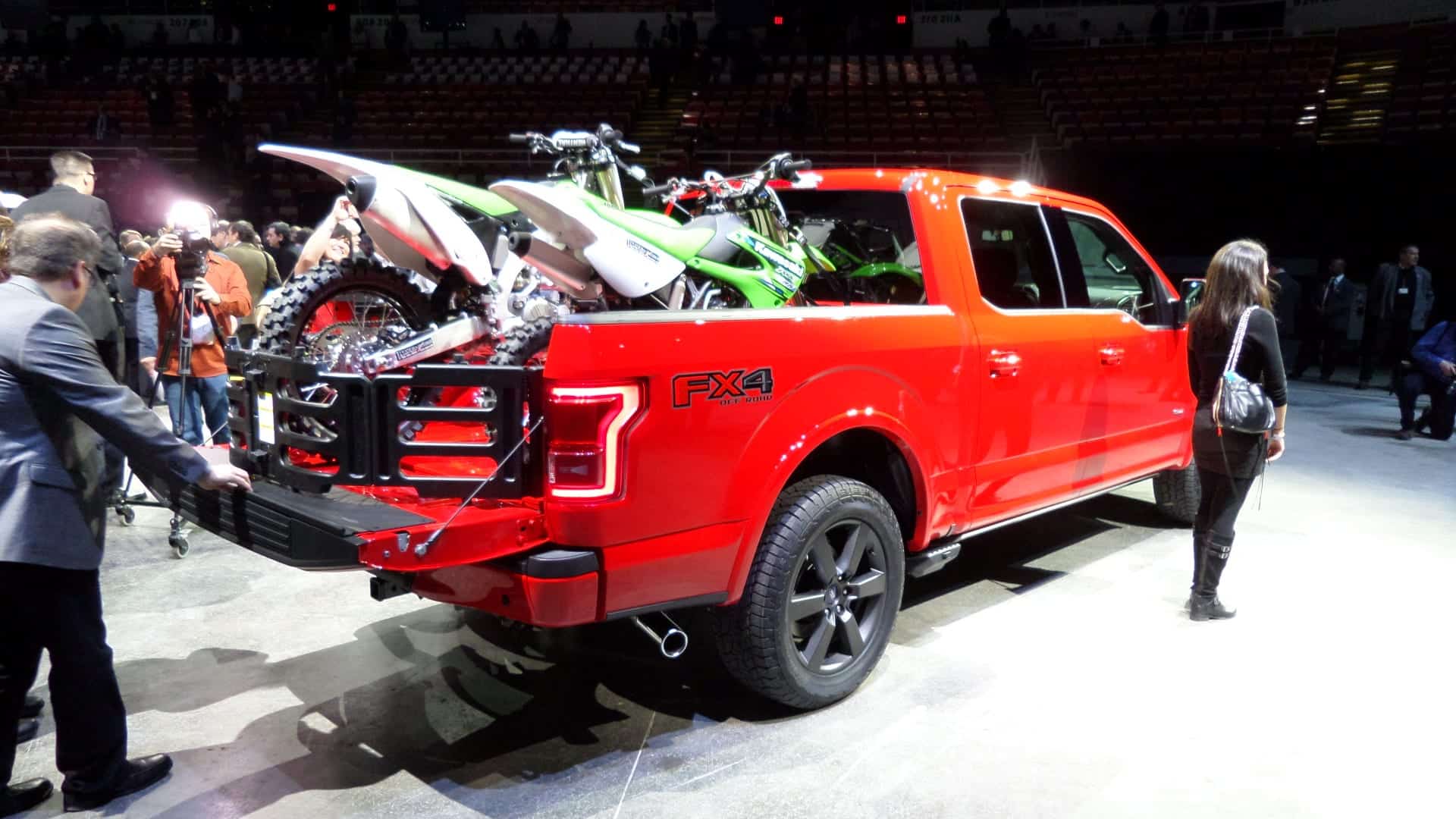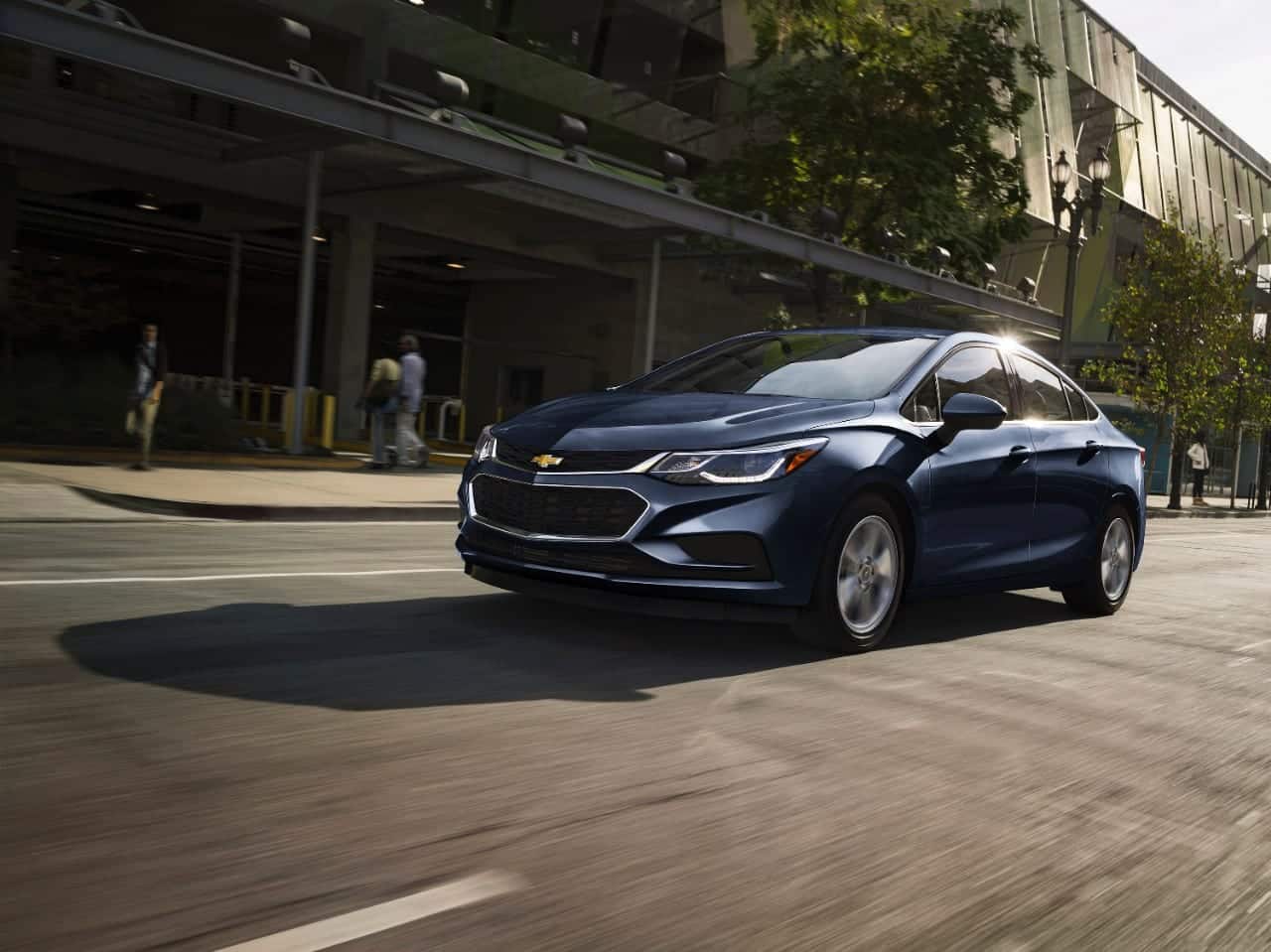The 2015 Ford F-150 XLT seats are now manufactured from the recycled Repreve fabric, and it’s standard. The Repreve fabric is constructed from discarded plastic bottles by melting the bottles into chips, and then stranding those chips into fibers which are woven into a fabric. Repreve has been making fabrics for Ford vehicles for a while now, but it was just recently that they started using the material in the F-150.

Infographic obtained with thanks from Ford.
This is noteworthy news, as recycled products still aren’t very common, and the reliance on petroleum for plastic production is just as big a problem as it ever was. Petroleum is finite, its extraction is environmentally destructive, it gets more expensive over time (with a temporary decrease in price here and there), and it is also used for the production of pharmaceutical drugs. There is a clear lack of interest in recycling across the board, and this means that companies need to step up to the plate and start offering recycled materials as standard, rather than an option.
This will expose people to recycled materials, helping them to realize that they are decent and increase recycled material sales across the board. There is also a social stigma associated with ‘green’ products. The majority of people are so bent on blending in with the mainstream that they won’t lift a finger to reduce their environmental footprint unless it isn’t noticeable. This is why I recommend marketing ‘green’ technologies and materials as the next big thing that will improve durability (if this is true, which it is in some cases), comfort, or whichever qualities they offer apart from their environmental benefits.
The environmental benefits should be mentioned as well, but it may be best if eco-friendly products weren’t advertised as ‘green’. The environmental impact of Ford’s decision will be great, as the F-150 is one of the best selling pickup truck lines in the world. This will divert many plastic bottles from landfills. The 2015 Ford F-150 XLT starts at $30,695.









